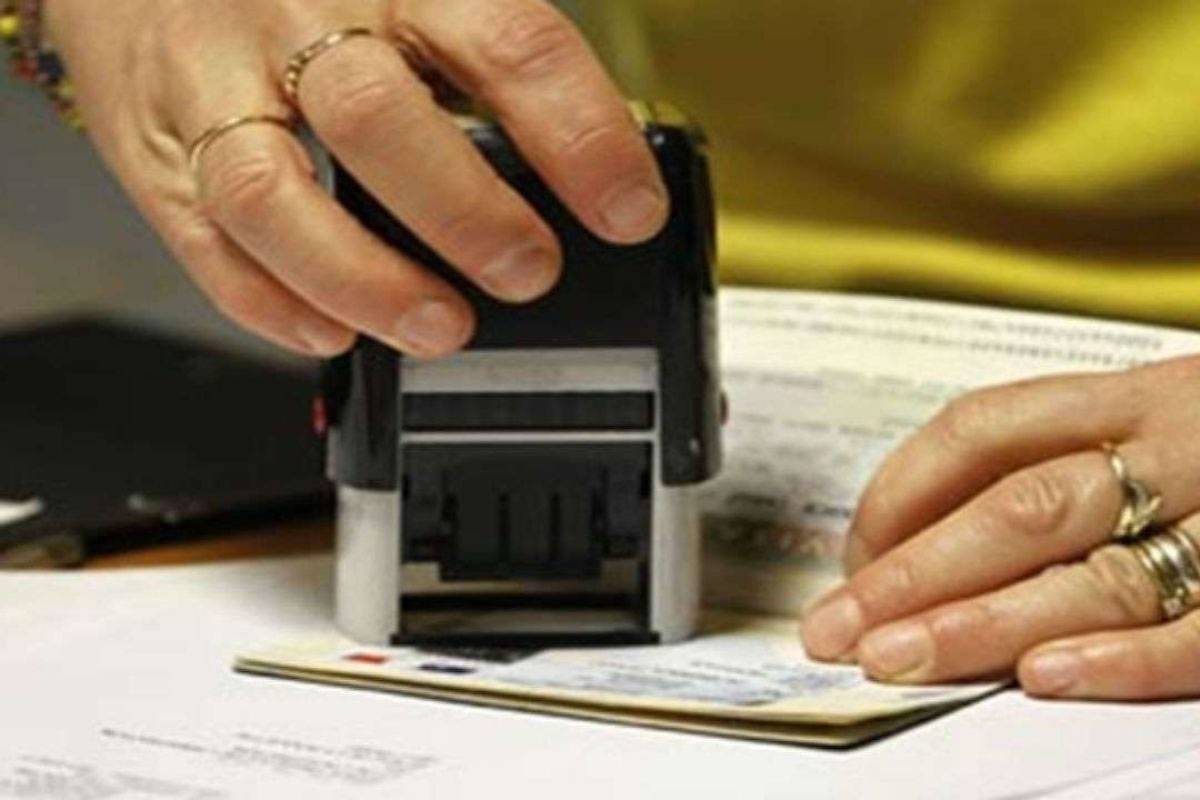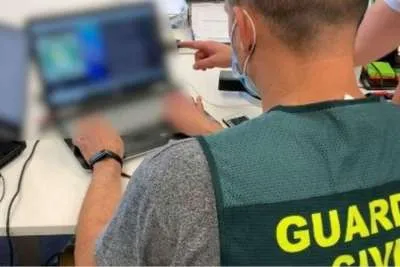EU countries to stop stamping passports of third-country visitors soon
- 08-02-2023
- National
- Canarian Weekly
Nationals of third countries who are permitted to enter the Schengen Area visa-free will or with a short-term visa, including those from the UK visiting the Canary Islands, will soon no longer need to have their passports stamped as all information on their entry and exit to the EU will be automatically recorded through a new automated way called the Entry/Exit System.
The Entry/Exit System (EES) is a new automated system which is expected to fully launch later this year and will be used to keep track of third-country travellers who enter the EU and detect people who have over-stayed their 90 out of 180 days, making it easier to deport them, fine them, and if necessary, ban them from re-entering depending on the severity of the infraction.
“EES will replace the current system of manual stamping of passports, which is time-consuming, does not provide reliable data on border crossings, and does not allow a systematic detection of over-stayers,” reads a statement of the Migration and Home Affairs of the EU Commission regarding the system.
They also want to modernise some other current procedures that travellers from third countries have to follow when reaching the bloc, thus enabling travellers to cut queues and waiting times to enable people to cross borders more quickly.
It has been revealed that the new system will record specific data on travellers, including their name, fingerprints, facial image, travel document type, date and place of entry, date and place of exit, as well as the length of their stay in the Schengen Area.
As soon as the Entry/Exit System becomes fully operational, travellers who can enter the Schengen Area visa-free will be required to obtain a travel authorisation online, called the European Travel Information and Authorisation System (ETIAS).
ETIAS is a completely electronic system which will be used to keep track of visitors who do not need a visa to enter the Schengen Area. The ETIAS will cost €7 per person and will initially be valid for three years. Around 1.4 billion people who can currently enter the Schengen Area visa-free, will have to apply for an ETIAS.
ONLINE VISA APPLICATIONS:
Apart from planning to launch the Entry/Exit System this year, the EU authorities have revealed that they also plan on making changes to the visa application process.
The EU Parliament just recently approved a report to make the Schengen visa application procedures completely online. The adopted report seeks to modernise Schengen visa application procedures by moving to a digital system from physical application and visa stickers.
The EU Parliament stressed that as soon as such a plan is approved, visa applications will be processed in a single platform and at the same time noted that this will let applicants know which country will receive their application.
Other articles that may interest you...
Trending
Most Read Articles
Featured Videos
TributoFest: Michael Buble promo 14.02.2026
- 30-01-2026
TEAs 2025 Highlights
- 17-11-2025


























































